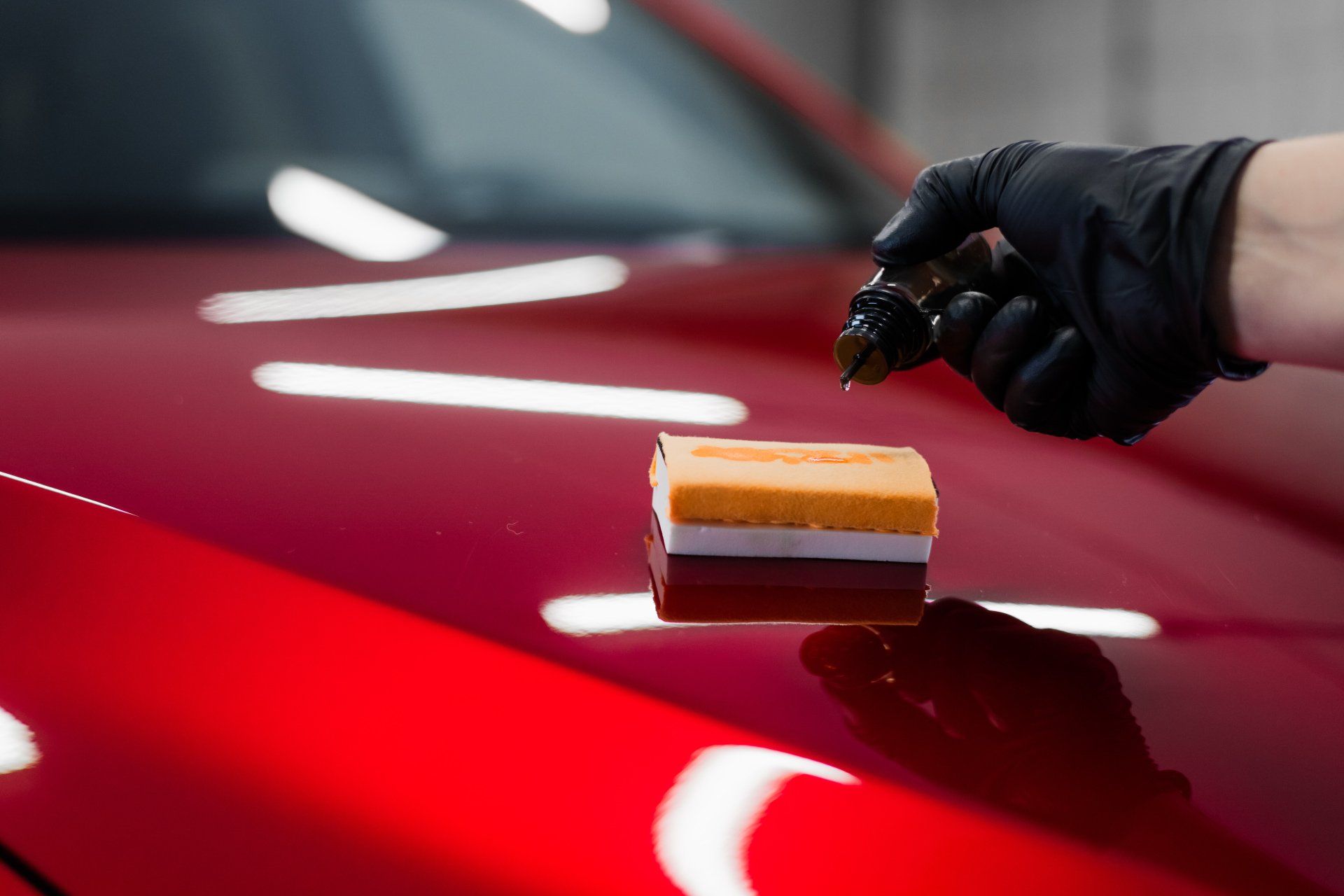Experience specialized scratch repair Sarasota for a flawless vehicle finish.
Experience specialized scratch repair Sarasota for a flawless vehicle finish.
Blog Article
A Comprehensive Overview to the Sorts Of Ceramic Coating on the marketplace
Ceramic layers have arised as a critical solution across different sectors because of their one-of-a-kind buildings and applications. From silica-based formulations known for their toughness to hybrid choices that combine multiple advantages, the choices offered can be frustrating. Recognizing the subtleties of each type, including their certain advantages and perfect usage instances, is crucial for making notified choices. As we explore the unique attributes and applications of these coverings, the implications for performance and longevity become significantly noticeable, raising inquiries about which type could best match your requirements.
Recognizing Ceramic Coatings
Ceramic layers are advanced protective services that have obtained appeal in different industries, particularly in auto and aerospace applications. These coatings include a fluid polymer that, when treated, creates a resilient, hydrophobic layer on the surface area of the substrate. This layer gives enhanced resistance to ecological pollutants, UV radiation, and chemical direct exposure, therefore prolonging the life and visual allure of the underlying material.
The fundamental component of ceramic layers is silica, which adds to their hardness and durability. The application process typically involves surface prep work, application of the layer, and healing, which can be attained with warmth or UV light. When treated, ceramic layers display outstanding bonding properties, permitting them to stick highly to a variety of surface areas, including metals, plastics, and glass.
In addition to their safety attributes, ceramic finishings also provide ease of maintenance. Their hydrophobic nature reduces the adherence of dirt and gunk, making cleansing easier and less regular. In general, the fostering of ceramic coatings stands for a considerable development in surface area protection innovation, giving both practical and visual benefits throughout several fields.
Sorts Of Ceramic Coatings
Numerous kinds of ceramic finishes are readily available, each created to meet certain efficiency requirements and applications - Auto Detailing. One of the most usual kinds include:
Silica-based Coatings: These coverings largely include silicon dioxide and are understood for their sturdiness and chemical resistance. They are widely used in vehicle and industrial applications.
Titanium Dioxide Coatings: Distinguished for their photocatalytic residential properties, titanium dioxide coatings are usually used in environments where self-cleaning and antifungal properties are preferable, such as in structure products and auto finishes.
Zirconia Coatings: Defined by their high-temperature security and thermal resistance, zirconia coverings are used in applications such as generator engines and high-performance vehicle elements.
Alumina Coatings: Displaying exceptional solidity and thermal stability, alumina coatings are regularly utilized in wear-resistant applications, including reducing tools and industrial equipment. - Paint Protection Film
Crossbreed Coatings: Integrating the residential properties of different materials, crossbreed finishes use improved efficiency characteristics, making them ideal for distinct and requiring applications.
Each type of ceramic layer offers distinct objectives, allowing customers to select the most ideal option based on specific ecological problems and performance needs.
Benefits of Ceramic Coatings
Coatings play a critical role in enhancing the performance and longevity of surface areas throughout different sectors. Ceramic finishings, particularly, offer countless benefits that make them significantly prominent amongst producers and customers alike. One of the main advantages is their remarkable durability. These finishings are immune to scratches, chemicals, and UV rays, making sure that the underlying surface stays safeguarded over time.
Along with longevity, ceramic finishes give outstanding hydrophobic homes, enabling simple cleaning and maintenance. This water-repellent nature minimizes the adherence of dirt, grime, and other contaminants, which can prolong the aesthetic allure and capability of the surface area. Ceramic finishes can dramatically boost thermal resistance, making them excellent for applications that sustain high temperatures.

Application Process
When applying ceramic coverings, a meticulous strategy is essential to attain ideal results. A clean surface makes sure appropriate bond of the coating.
As soon as the surface area is prepped, the following action is to use the ceramic coating. The finish ought to be used in thin layers, as thicker applications can lead to uneven finishes.
After application, the finishing requires a certain treating time, generally ranging from a couple of hours to a full day, depending upon the item. During this time around, it is crucial to stay clear of direct exposure to wetness or impurities. Ultimately, a mild buffing may be required after treating to enhance the gloss and get rid of any high places. Following these steps faithfully will maximize the performance and longevity of the ceramic finish, supplying a resilient protective layer for the surface area.
Maintenance and Longevity
To make sure the durability and effectiveness of a ceramic finish, routine upkeep is essential. Ceramic coverings, understood for their resilience and protective top qualities, require details treatment routines to maximize their lifespan and performance. The first step in upkeep involves regular cleaning with pH-neutral soap, preventing harsh chemicals that can break down the finishing. It is recommended to clean the car regularly, preferably every 2 weeks, to this post avoid the accumulation of pollutants that could endanger the covering's honesty.
In enhancement to routine cleaning, regular examinations are important. Try to find indicators of wear or damage, such as hydrophobic buildings diminishing or surface flaws. If needed, a light polish may be put on renew the layer without removing it away.
Furthermore, the application of a booster spray can improve the finish's hydrophobic impacts and recover its gloss. This is particularly valuable for coatings that have actually remained in use for an extensive period. Eventually, by sticking to these maintenance techniques, one can significantly prolong the life of a ceramic finishing, making certain that it continues to provide ideal defense versus ecological aspects and maintain the visual appeal of the automobile.
Verdict

Report this page